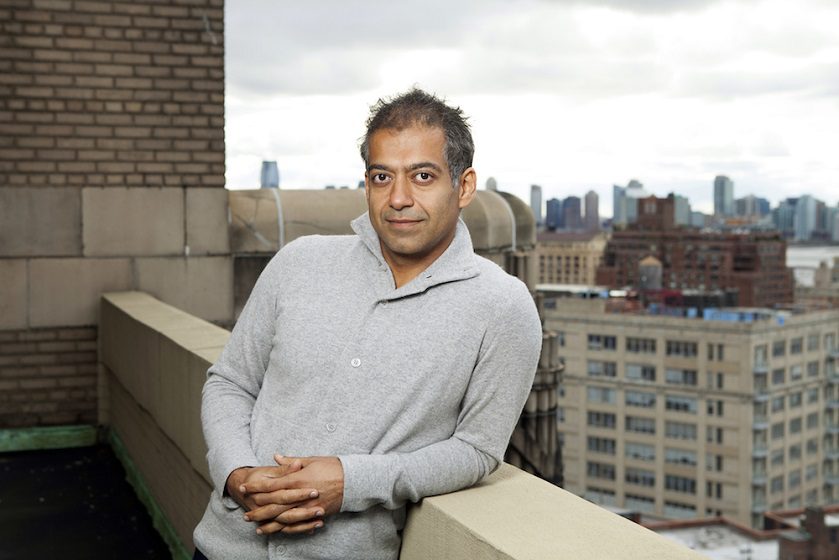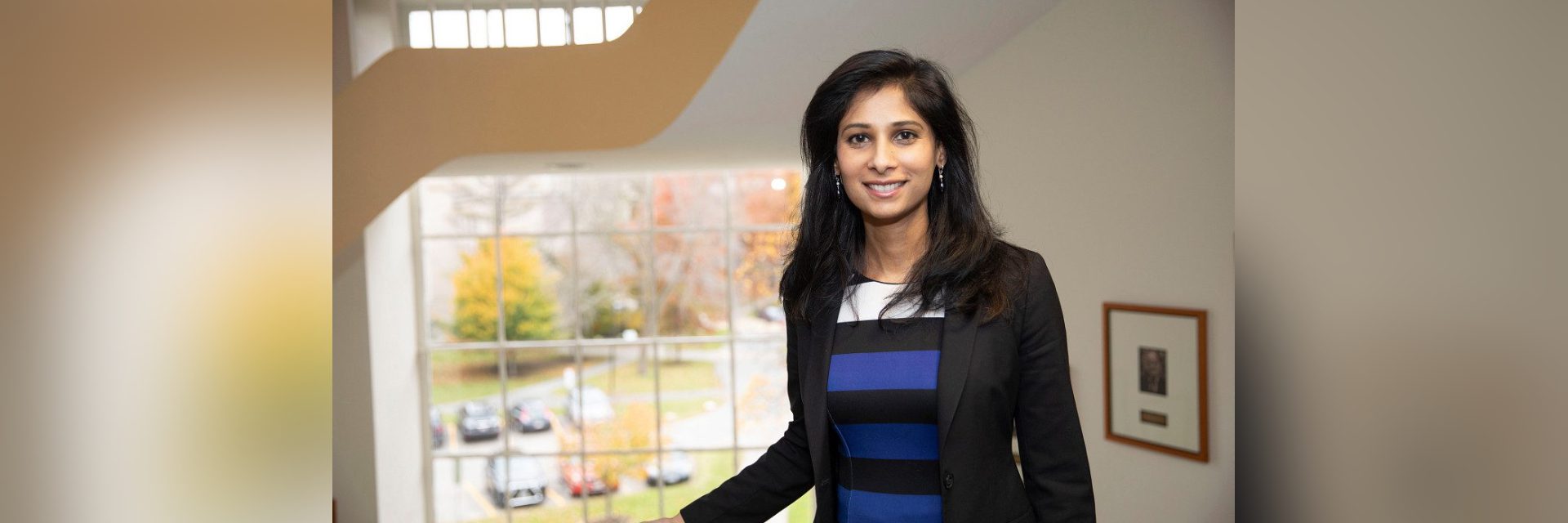(November 10, 2021) When Romesh Wadhwani completed his PhD in electrical engineering and began considering career prospects, he was clear on one thing: a 9-to-5 job simply didn’t interest him. He never wanted to work for someone else, which is why he decided to stay back in the US and start his own company instead.
Given that this was in the 1970s and entrepreneurship was still in its nascent stages in America, and the fact that Wadhwani was not an American citizen, threw up several challenges. Yet, this Global Indian was determined to make it work. And he did. Today, the California-based Wadhwani is considered to be one of the most influential and powerful people in the world of tech startups. The founder of Symphony Technology Group (STG), who has a net worth of over $3.5 billion and is on the Forbes 400 list, is an active philanthropist and runs the Wadhwani Foundation for economic development in emerging economies.

He beat polio to take on the world
Born in a Sindhi family in 1947 in British India’s Karachi, Wadhwani moved to India with his family after the Partition. When he was two-years-old he contracted polio, which made it rather difficult for him to get admissions in school. Not one to give up, Wadhwani persevered and went on to graduate from the prestigious Indian Institute of Technology in Bombay. While at hostel in IIT, he even set up a canteen. Talking about their childhood, when Wadhwani required a series of surgical procedures for polio, his brother Sunil told Forbes, “Sometimes he would run a high fever, but always topped his class. He has an amazing level of drive and focus, which he also brings to philanthropy. He is very clear about what he wants to achieve.”
After graduating from IIT, Wadhwani went to the US to do his Masters and PhD in electrical engineering from Carnegie Mellon University in Pittsburgh. After he graduated, Wadhwani decided to start his own company, but was plagued with various problems. The fact that he had no background in business, he was not an American citizen, and the startup scene in Pittsburg at the time was almost unheard of, all threw up several road blocks. But Wadhwani was not one to be deterred.

On the path to entrepreneurship
He founded his first company Compuguard Corporation in Pittsburgh in 1972 to develop and commercialise software for energy management and security in commercial buildings. This was immediately after he completed his PhD. However, he found that nobody would give him any venture capital. In an interview he said, “I only needed $100K, but I had to call 125 different VC firms all over the US; the first 124 said No, the last one, Urban National Corp in Boston, said yes, and that led to my building Compuguard and the start of my business career.”
He ran Compuguard for 10 years and turned it into a $10 million business before selling it. According to him, it was a mediocre venture at best and he’d made a lot of mistakes such as not paying attention to basics like product quality, talent management, and customer relationship.

Wadhwani then took over American Robotics, a company that had been launched by the Rockefeller family. As he set about building it into a robotics technology leader, he raised over $40 million in venture capital. However, when Japanese manufacturers of robots started introducing their robots into the US market at below manufacturing costs, Wadhwani’s company suffered heavy losses. It was a trade war of sorts that Wadhwani couldn’t win. However, he felt a moral obligation to do the best for the venture capitalists who’d invested in the company and stuck with American Robotics for eight years to help them get back most of their money. He worked round the clock to transform the company into a computer integrated manufacturing software company.
Learning curve
“After 10 years of working 90 to 100-hour weeks, I came away from this grueling experience with just a few hundred thousand dollars as my equity reward but a wealth of experience in how to build a technology business in a tough market with large, aggressive, well-financed competitors,” said Wadhwani of this experience.
He eventually built his third company Aspect Development, a leader in enterprise software for supply chain management. This was when he resigned from multiple boards in Pittsburgh and moved to Silicon Valley with his family to start all over again with little to no network in this new state. Though starting out again was no easy feat, Wadhwani enjoyed every bit of it and ran Aspect from 1991 till its acquisition by i2Technologies in 1999. That was also the year, Wadhwani entered the coveted billionaires’ club.
Wadhwani then went on to found Symphony Technology Group in 2002 in Palo Alto. Today, it is the parent company to many products such as Symphony Teleca Corporation, Symphony Health Solutions, Symphony Performance Health among others. Today, Wadhwani is considered to be one of the most influential and powerful people in the world of technology startups.
Giving Back
In 2000 he founded the Wadhwani Foundation to which he has now committed most of his wealth. The Foundation’s mission is economic acceleration in emerging economies through job creation and skill development. The Foundation has already launched five high-impact initiatives in India with the goal of creating 25 million jobs. One of its key initiatives is the National Entrepreneurship Network (NEN) that was co-founded in 2003 with IIT Bombay, IIM Ahmedabad, BITS Pilani, SP Jain Institute of Management and Research, and the Institute of Bioinformatics and Applied Biotechnology.

As the pandemic raged across the globe and brought about uncertainty regarding jobs and economic stability last year, Wadhwani went on to commit ₹200 crore towards launching the Sahayata Initiative to help distressed SMEs affected by the pandemic-induced economic crisis.
Wadhwani also founded the Wadhwani Institute for Artificial Intelligence with his brother Sunil at the University of Mumbai in 2018. Together, the brothers have committed over $30 million to use AI for social good to leverage the power of AI to improve public health, agriculture, skilling, infrastructure, and other social needs. “Our approach is to identify important areas of social need, develop AI-powered solutions, and then work with the central government, state governments, foundations, and other partners to validate these solutions in pilot programmes. If these pilots are successful, we then implement these solutions at a much larger scale,” he said.
- Follow Romesh Wadhwani on LinkedIn.




